On December 22, 2018, the Indonesian pop-rock band Seventeen were performing at an open air concert at the Tanjung Lesung Beach Resort in West Java when a devastating tsunami, caused by the eruption of the Anak Krakatoa volcano, crashed onto the stage, sweeping away the band and their audience. The band lost its bassist, Bani, drummer, Andi, crewman, Uje, and their road manager Oki Wijaya. The sole survivor of the tragedy was Seventeen lead singer Ifan, who also lost his wife, actress Dylan Sahara. Kemarin is their story.
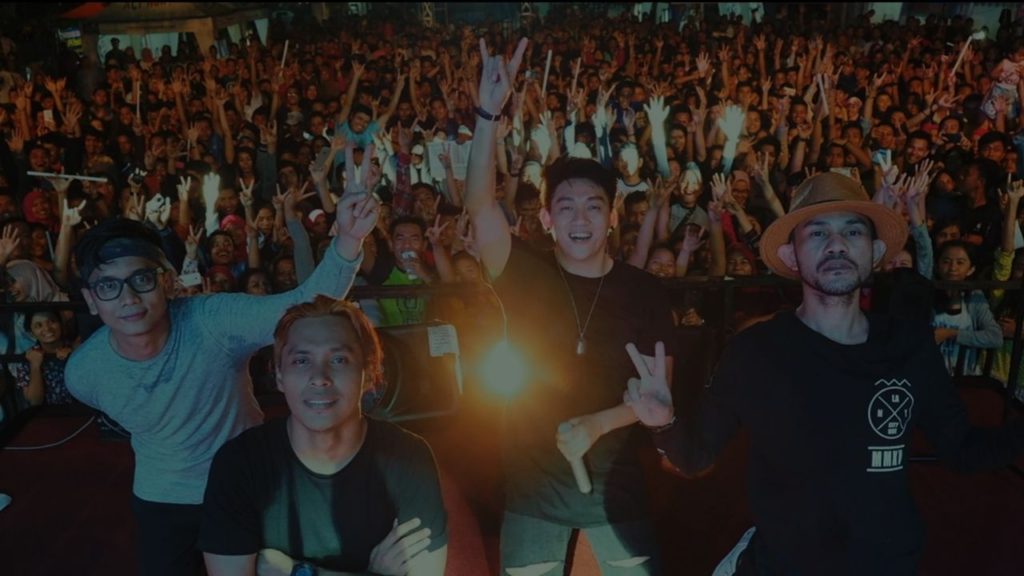
Umapagan Ampikaipakan: I knew nothing about the band Seventeen. I couldn’t name its members. I wasn’t familiar with their music. In fact, the first time I had heard about them was in a Rolling Stone article from 2018 that reported on the tragedy. I went into this documentary blind, and 90 minutes later, I found myself completely invested in their lives, and so very impressed by their skills as songwriters and musicians.
Kemarin is an incredibly well executed piece of storytelling that does what every great documentary should. It introduces you into a story that you know little to nothing about, it allows its subjects to tell their story, it captures something truly shocking, creates empathy, and, in the end, teaches us something new about the world.
Colour me impressed.
Bahir Yeusuff: I’m not. I mean, I am impressed, but I’m not surprised. This level of proficiency in both the technical and the storytelling is what I’ve come to expect from Indonesian productions. I’m not saying all of their content is like this, but their “good” content is far above and beyond our “good” content. Just look at the Indonesian documentary Islands of Faith on Netflix. They could have told a story about Indonesia’s environmental efforts, but decided instead to tie that into the nation’s different faiths and how the belief in a bigger power drives their environmental efforts.
It’s that kind of indirect storytelling that really blew me away. It could have been lazy. It could have been simple and easy. But it’s not. Sure there are bits of it that we all felt a little confused by, but overall, the way this story is told is demonstrates a real mastery of the craft by director Upie Guava.
I had known a little bit about the band Seventeen before watching this. And by that I mean I recognized a couple of their songs. But appreciating this movie really isn’t dependent on whether or not you know the band. This isn’t Metallica’s Some Kind of Monster where you need to either be 1) a fan of the band, or 2) a fan of bands in general.
Kemarin is a truly heartbreaking human story that charts the growth of the band Seventeen, their relationship as a family, and then having all of that taken away. The documentary doesn’t just follow Ifan, the sole surviving member, in his grief and pain, it tracks everyone that has been affected by the band Seventeen, from the deceased band members’ families, to former band members, to the wider Indonesian musical fraternity.
Actually, you’re right. Colour me impressed too.
Menunggu Kamu
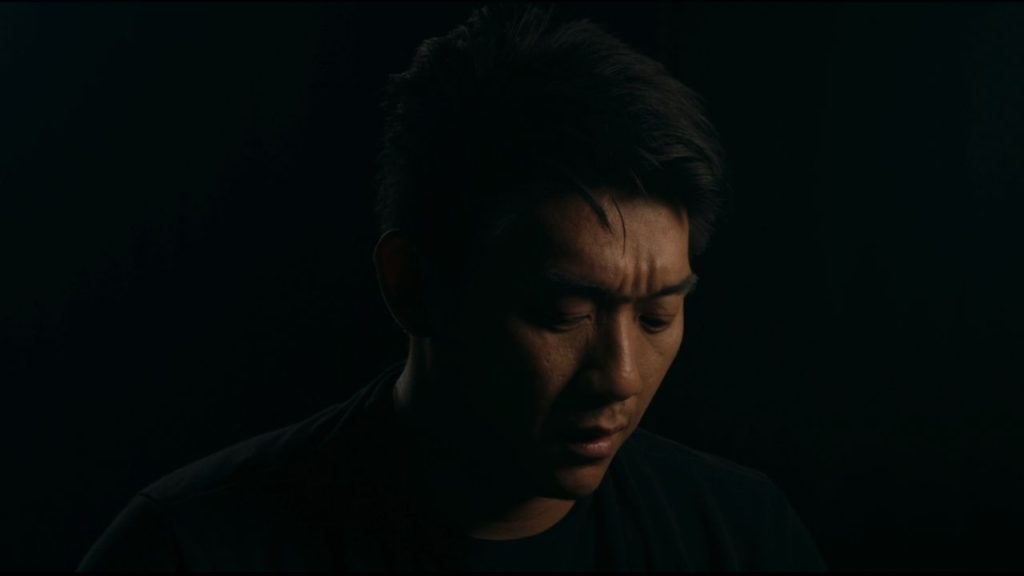
UA: Watching this reminded me of Edgar Wright’s documentary on the Sparks. Yet another band that I knew absolutely nothing about. He was aware that the vast majority of people, even self professed connoisseurs of pop music, wouldn’t have heard of them and so he told their story in a way that would appeal to both newbies and the eleven or so people who were fans. (I joke, the Sparks have a massive, if eclectic, fanbase.)
Upie Guava takes a similar approach to Kemarin. It felt like there was as much here for fans of the band as there was for someone like me and you. The movie is both an introduction to who they are, as people and as musicians, as well as a tribute to their brief, but impactful, legacy.
BY: “Tribute” is the perfect way to describe Kemarin. It really is a tribute to these four people that made up the face of the band, but also everyone who worked behind the scenes to make them who they are. Ifan mentions several times throughout the documentary that they were all family, and howt he had wanted to do something for those guys and their families, all those who had just lost their fathers, husbands, and sons.
What’s more, none of it feels forced, or scripted, or stilted in any way. There is genuine love and respect in this 97 minute documentary. Between Ifan and those he had lost, but also between the director and Seventeen. There is a space that the director affords his interviewees, to breathe and take stock, and to break down and cry. The camera never feels rushed, because to rush it would be to disrespect what they were feeling and going through.
Tanpa Pesan Terakhir
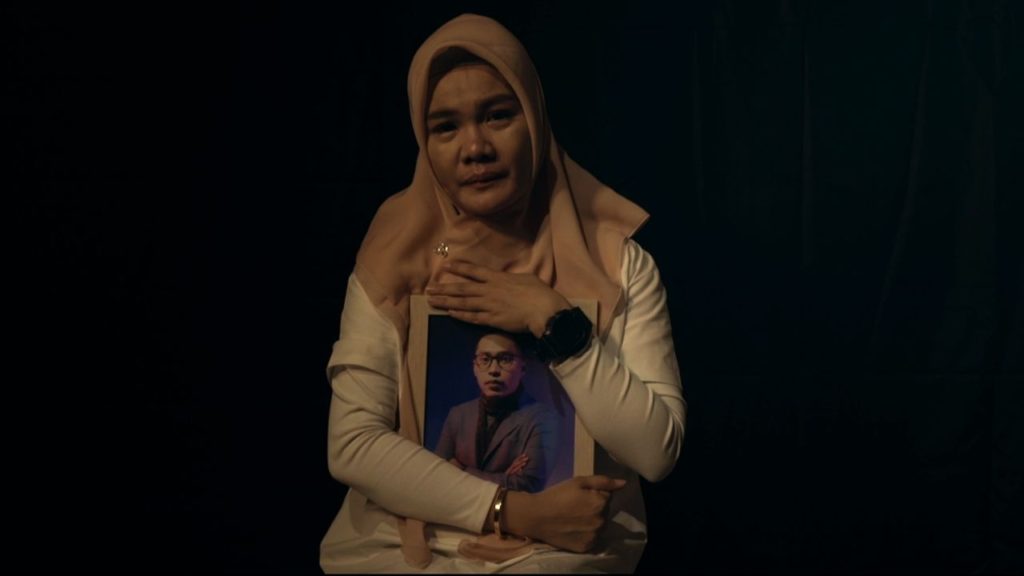
UA: There was also a real maturity in the way this story was told. This wasn’t just your typical three act narrative. We already know what happened to the band, and the director doesn’t try to create a false sense of suspense or tension. We know what’s coming and so Upie Guava subverts our expectations by changing up when it happens. The story of Ifan’s trauma, the history of formation of the bad, the tragedy, and it’s consequences all happen concurrently, cutting back and forth from one to the other without leaving us confused or losing any emotional impact.
Kemarin is a cunning blend of MTV’s Behind the Music and the weekly sessions you have with your therapist.
BY: Or at least it might make you want to go to a therapist. Ifan’s journey throughout this looks to be both freeing and tortuous. When they cut to footage of his wedding, or show him during his early years with the band, Ifan has a smile on his face. He looks happy to be thinking about good memories. But then, the realization of it all washes over him, and he breaks down.
It’s something that happens with each and everyone of Kemarin’s interview subjects. The wives. The sisters. The former Seventeen band members. Other musicians and people working in the industry. Their faces light up when talking about how great the band was together and the things they were doing together, the way they were like family, and all the fun they had together. And then, a shadow crosses their faces as everyone remembers that it’s all gone. The finality of it seems to hang in the air, just out of reach of everyone, until it comes crashing down.
Sometimes, it almost feels like this documentary has come around too soon. Realistically they would have shot it at the end of 2019 or early 2020. And to recount something this horrific a year after it’s happened? Crazy.
But it never felt like a problem for the interviewees. It felt like this was something they needed to talk about. Wanted to talk about. It was as if it was part of their grieving process. It was painful to watch. But also uplifting to see the strength in them.
UA: You know, I think this might have been the perfect time for this documentary. In the face of such inexplicable tragedy, I think time and space only serves to distance us from the horror of what happened. There is a real rawness and honesty captured here that I feel would have been lost if this was shot even a year later.
Which isn’t to say that Kemarin was exploitative or emotionally manipulative in any way. It was the very opposite. This movie felt like catharsis for both the survivors and their fans. Which I think might just be its greatest accomplishment.
Menunggu Kamu
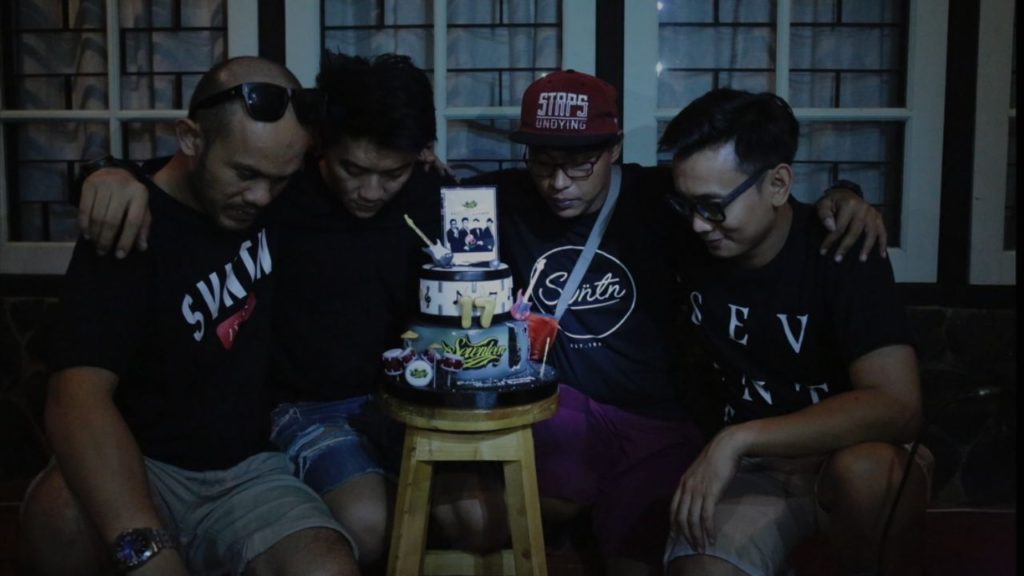
BY: There is an overriding sense of comfort in Kemarin. Even as someone who isn’t familiar with the band, I’m comforted by the fact that this exists to remind people about Seventeen, introduce a wider audience to the band Seventeen, and to remember the band by. It’s a great tribute and Upie Guava has done a stellar job.
UA: We don’t do enough of these. Not in Indonesia, or Malaysia, or Singapore. (And I’m not counting the pseudo-patriotic hagiographies that seem to come out every National Day.) We don’t tell enough of these real, everyday stories, about these real, everyday people. Yes, Seventeen were popstars, but what happened to them also happened to the families of the over 200 people who died because of that tsunami. Yes, Ifan is famous, but the way he processes his grief, the way he deals with the guilt of being a survivor, is something everyone can relate to.
Kemarin may be the story of one band’s tragedy, but its message is universal. By framing his movie around the voices of all those left behind, Upie Guava strikes that difficult balance of making Kemarin their story as much as it is ours.
God knows I left this movie with a perceivable shift in my worldview.


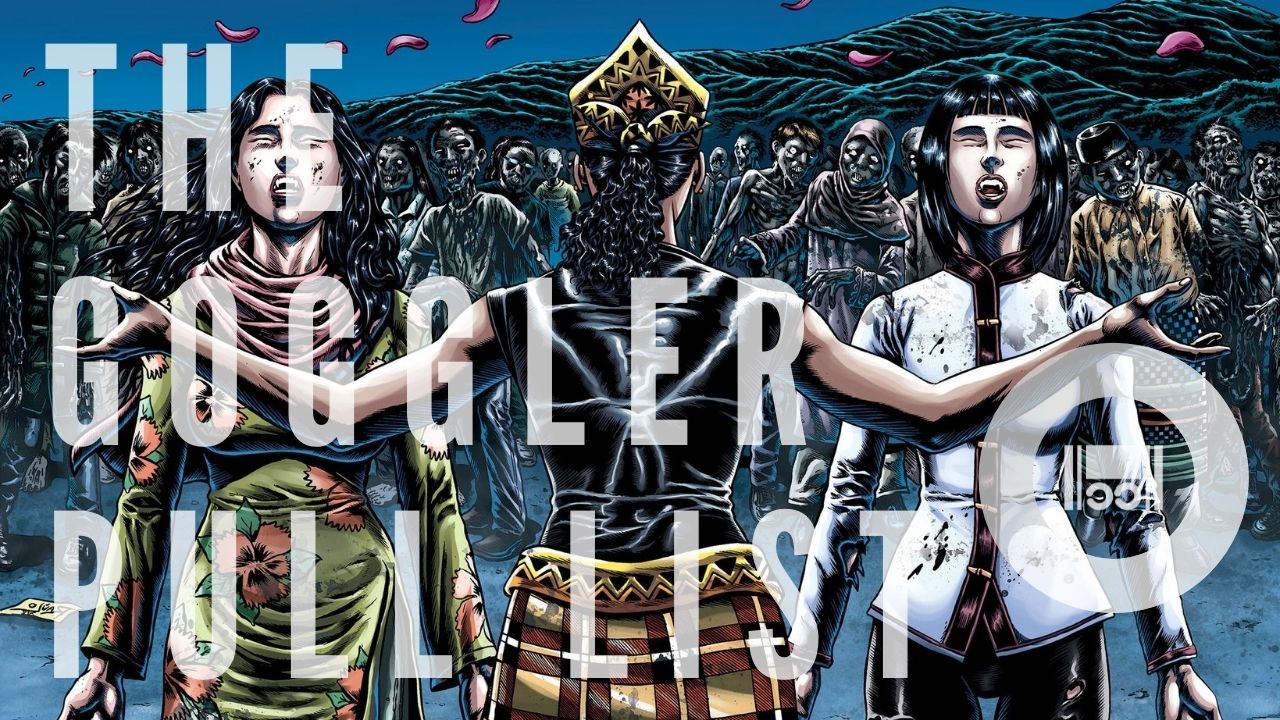






Follow Us